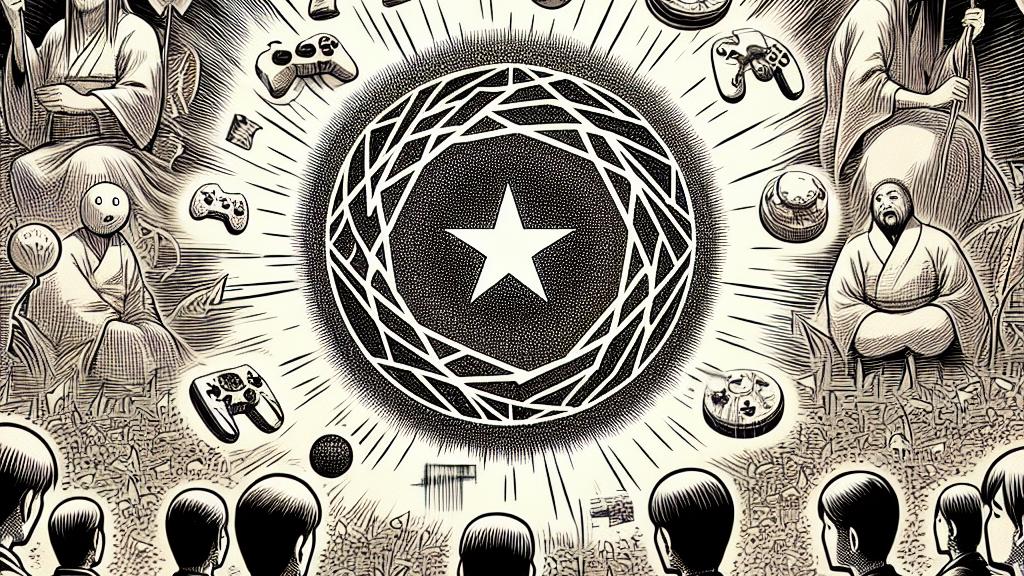The Downfall of the Japanese Gaming Industry Against China and South Korea
Overview
- Japanese gaming industry faces fierce competition from innovative titles sprouting in China and South Korea.
- Games like 'Genshin Impact' represent clever cultural integration and exceptional marketing strategies.
- Local developers' struggles reveal significant management flaws and a troubling decline in consumer interest.

The Context of Competition
Japan, once revered as the cradle of gaming brilliance, now finds itself in a precarious position. Over the years, the market has evolved, and titles from China and South Korea, such as 'Genshin Impact' and 'Honkai: Star Rail,' have surged into the limelight. This is not just a coincidence; it's a well-orchestrated invasion, blending remarkable artistry with deep cultural elements familiar to Japanese players. For instance, 'Genshin Impact' captivates with its breathtaking visuals and engaging gameplay mechanics, all while flaunting characters reminiscent of beloved anime tropes. This fusion not only garners attention but also creates a magnetic pull, luring gamers away from local offerings. As these foreign titles thrive, they challenge the traditional dominance that Japanese developers once enjoyed.
The Downfall of Japanese Developers
On the flip side, many Japanese game developers appear to be caught in a quagmire of their own making. Take Sega's 'Project Sekai,' for example; it experienced a shocking user decline of nearly 50% within a year, primarily due to management blunders and a series of unfortunate events, including the arrest of a lead composer. Similarly, Cygames' title 'Uma Musume' faces criticism for being too derivative, sparking patent disputes that reveal a lack of originality in design. Then there's Square Enix, which has suffered major setbacks with title cancellations and scandals surrounding 'Dragon Quest.' The troubling reality is that these missteps not only hurt individual franchises but also point to a broader issue: a disconnect with evolving player preferences and an alarming lack of innovation. The situation persists, leaving industry veterans and new entrants questioning their future in an increasingly dynamic market.
Looking Toward the Future
However, there remains a glimmer of hope for Japan's gaming landscape. To navigate the turbulent waters, developers must embrace adaptability and foster a culture of innovation. Adopting practices that include soliciting player feedback can lead to fresh ideas and invigorating changes to gameplay that resonate with audiences. Imagine a scenario where established franchises undergo vibrant reboots spearheaded by young talent brimming with creativity! By enhancing user experience through improved storytelling and interactive mechanics, these companies can entice gamers back into their worlds. Rapid advancements in technology, particularly in AI and VR, can also open doors to captivating and personalized gaming adventures that were previously unimaginable. If the industry players can rally together and implement these strategies promptly, the potential for a remarkable turnaround is not just a possibility—it’s a necessity for the revival of Japan's esteemed place in the gaming universe.

Loading...